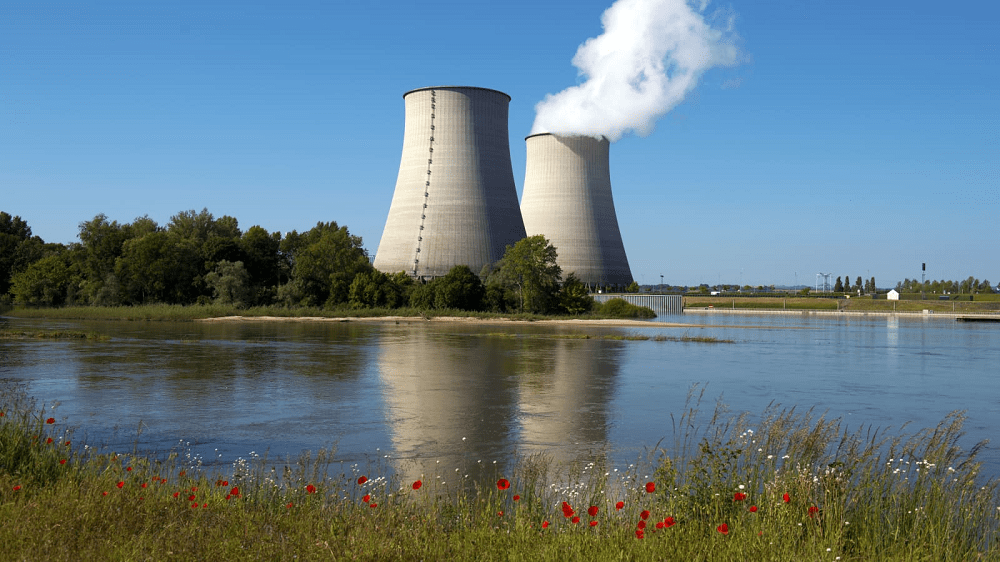France’s love affair with nuclear power will continue, but change is afoot
March 10, 2021 @ 13:40 +03:00
France is recognized for being a hotbed of culture, gastronomy and style. The country is also something of a world leader in another field: nuclear power. According to the International Atomic Energy Agency, France is home to 56 operational nuclear power reactors, second only to the U.S., which has 94.
Together, these French facilities have a combined capacity of 61,370 megawatts (MW). And when it comes to nuclear’s share in French electricity production, the IAEA says it was 70.6% in 2019, the highest in the world. Below, CNBC’s “Sustainable Energy” takes a look at the role nuclear could play in the energy future of both France and the wider world.

Last December, French President Emmanuel Macron signaled that nuclear would continue to play an important role in the country’s energy mix. According to a translation of his remarks published by Reuters, Macron said the French nuclear industry would “remain the cornerstone of our strategic autonomy.”
Macron’s comments suggest France will continue its relationship with nuclear power long into the future, but change is nevertheless afoot. Indeed, by 2035 the government wants to cut nuclear power’s share in its electricity mix to 50%. A mixed picture, then.
The International Energy Agency states that “nuclear power has historically been one of the largest contributors of carbon-free electricity globally” and adds that it also has “significant potential to contribute to power sector decarbonisation.”
It should be noted, however, that while the IEA says it produces carbon-free electricity, many regard nuclear as a non-renewable source. This is because they argue uranium, the metal crucial to nuclear power generation, will eventually run out.
France looks set to maintain a close relationship with nuclear power going forward, but its neighbor Germany is taking a different route.
In response to the Fukushima disaster of 2011, when a powerful earthquake and tsunami resulted in a meltdown at Japan’s Fukushima Daiichi nuclear power plant, Chancellor Angela Merkel’s government developed plans to shut down the country’s nuclear plants by the end of 2022.
Just last week, Reuters reported that Germany had agreed to pay four firms — Vattenfall, RWE, E.ON and EnBW — total compensation of almost 2.6 billion euros (around $3.09 billion) for the early closure of their nuclear plants
The global picture
As governments around the world look to move away from fossil fuels and toward renewable sources of energy, the debate surrounding nuclear power’s role in the planet’s energy mix will continue.
Just last month Bill Gates, the Microsoft co-founder and billionaire, told CNBC’s Andrew Ross Sorkin that nuclear power would “absolutely” be politically acceptable again. Gates is also the founder and chairman of TerraPower, a company focused on nuclear innovation.
France’s love affair with nuclear power will continue, but change is afoot, CNBC, Mar 10






